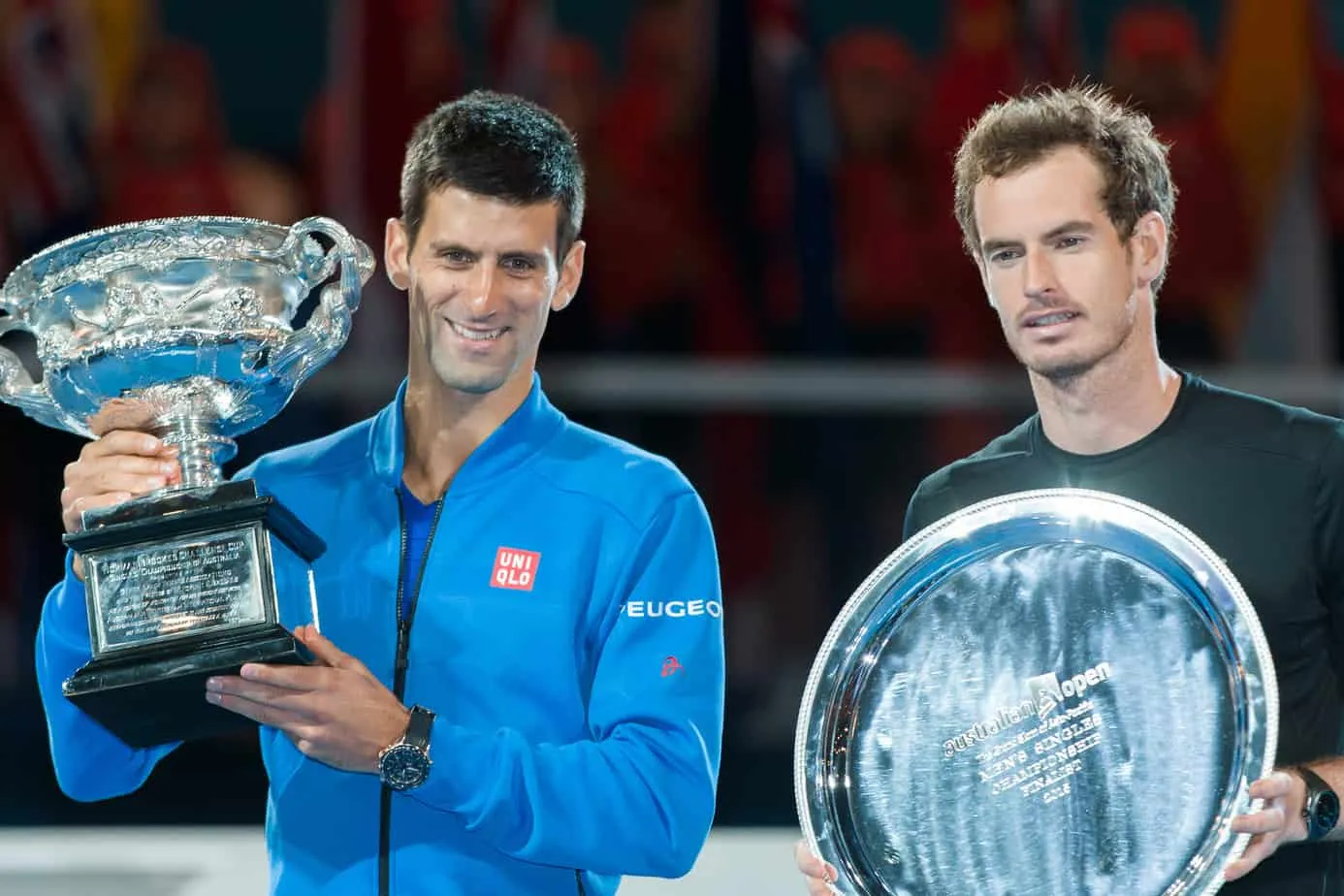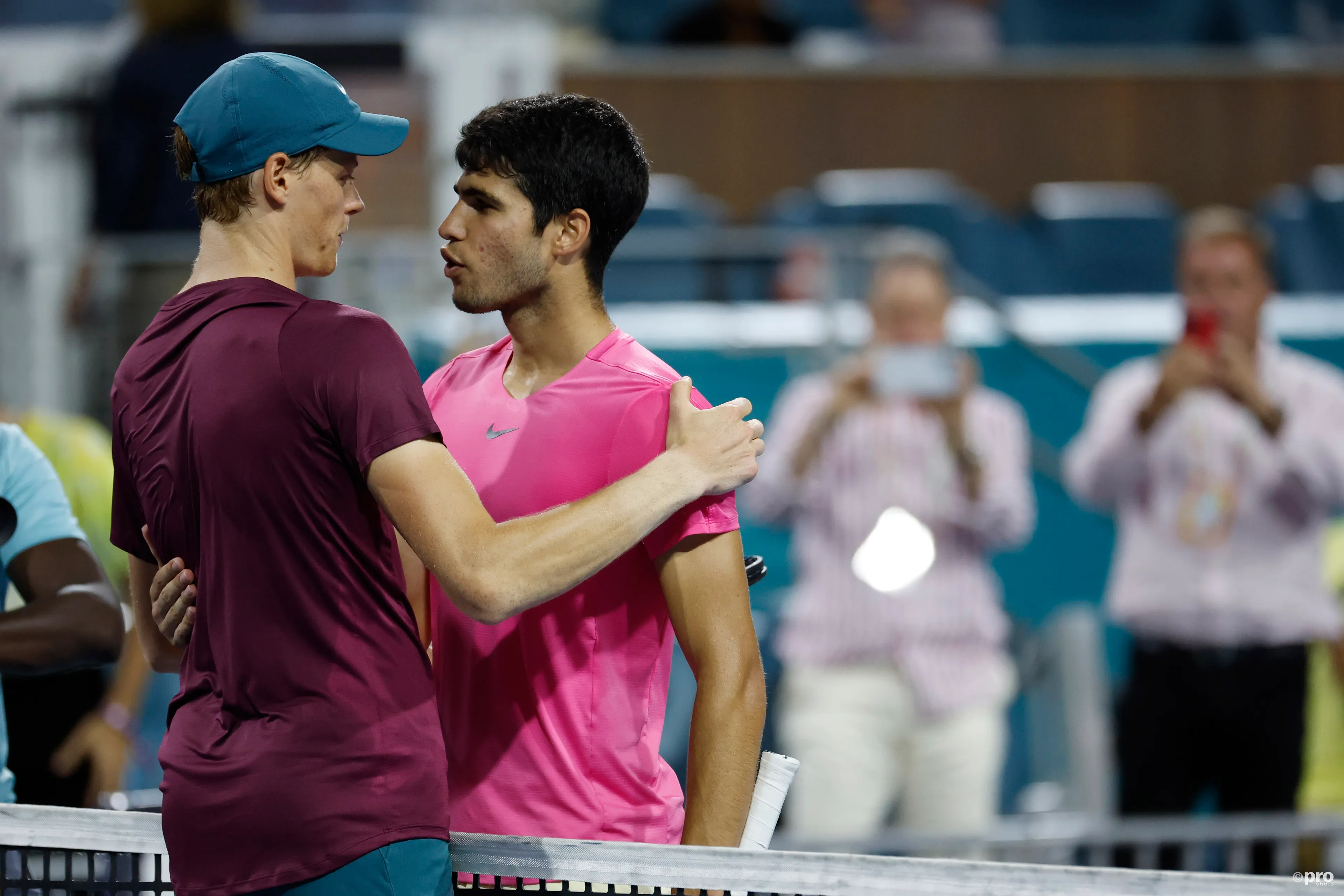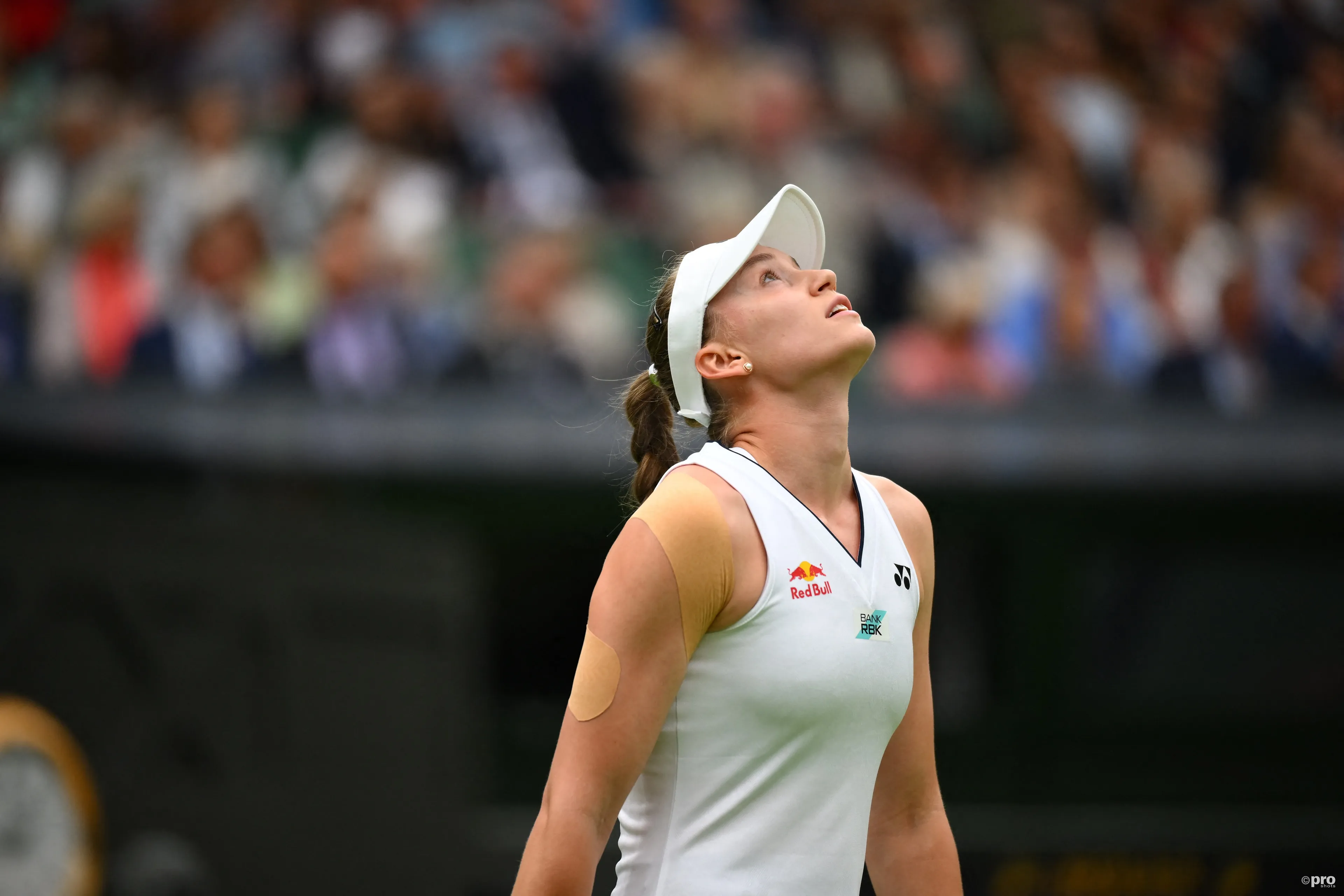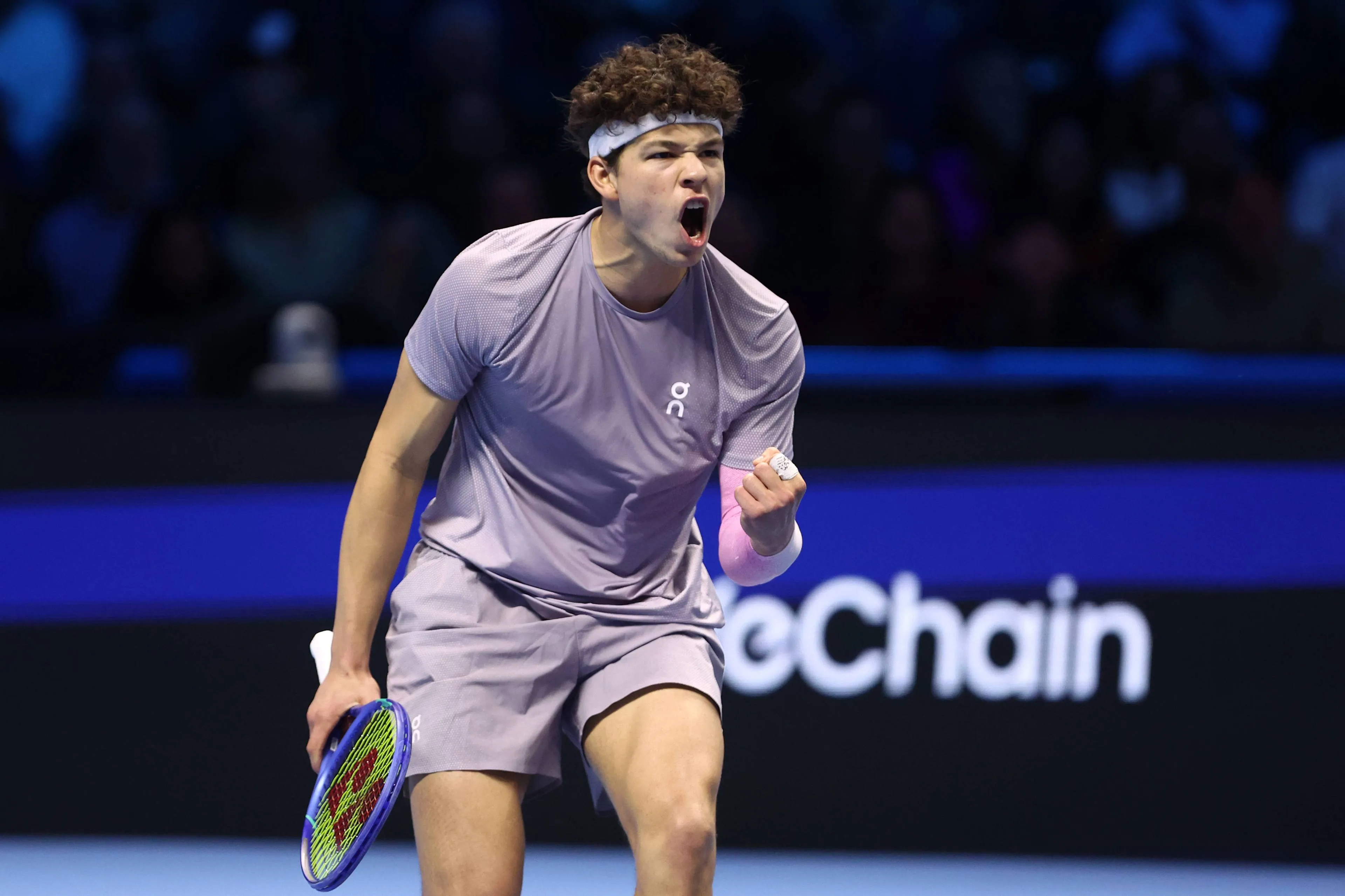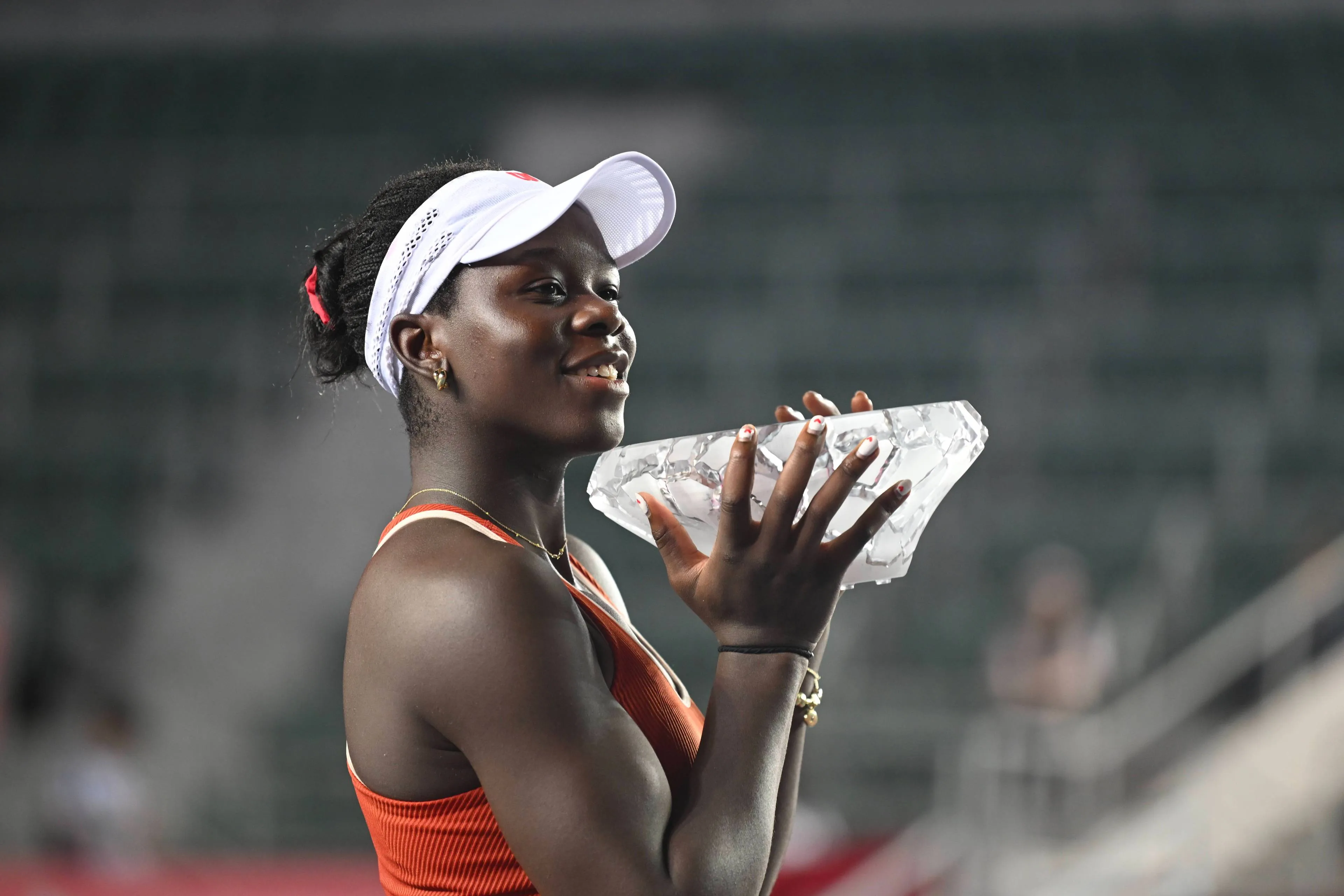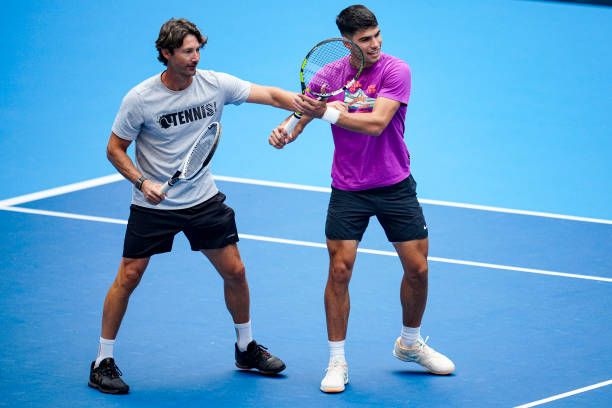Carlos Alcaraz' coach Juan Carlos Ferrero due in high court after debt with Spanish tax agency
OtherMonday, 02 October 2023 at 21:30
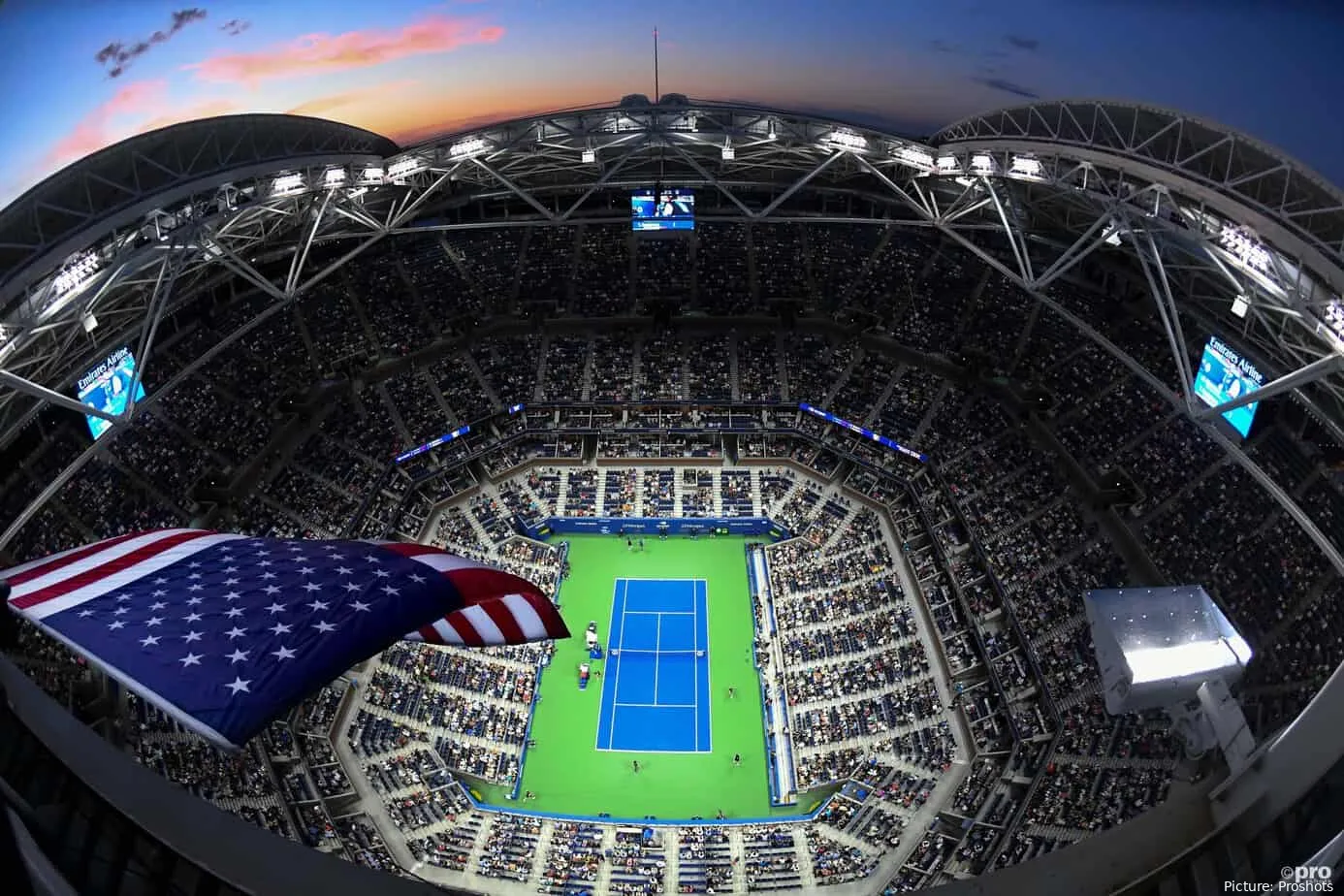
The Supreme
Court of Spain has intervened in a highly significant case involving former
tennis player Juan Carlos Ferrero and the Tax Agency.
The
conflict revolves around the payment of 275,000 euros that Ferrero had to make
to the tax authorities due to a potential incorrect taxation of his image
rights. The National Court had ruled in favor of Ferrero in April of last year,
prompting the Supreme Court to consider the case in order to establish legal
precedent.
The central
issue addressed by the Supreme Court is how athletes' image rights should be
taxed, especially when they participate in promotional or advertising
activities not directly related to their sports career. Ferrero's legal representation
argues that these earnings are independent of his tennis activity, while the
Tax Agency argues otherwise.
Read also
As they
clarify, "the deduction for these concepts was 40% until 2008, and then it
was reduced to 30%," but they point out that, in reality, what is under
discussion "from a technical standpoint in this case is whether Ferrero is
entitled to the deduction or not." They also argue that "not all the
income he generated at that time necessarily relates to his activity as a tennis
player."
To clearly
separate his sporting activities from promotional ones, Ferrero signed an image
rights transfer contract in 2001. This contract allowed a company to manage his
image rights and pay him 95% of the income generated from their exploitation,
deducting commissions and other fees.
During the
inspection period by the Tax Agency, covering from 2007 to 2010, Ferrero was
one of the world's leading tennis players, with significant advertising
contracts and prize earnings. Furthermore, the tennis academy bearing his name
in Alicante, the JC Ferrero Equelite Sport Academy, was involved in managing
his image rights.
Read also
The
settlement resulting from the income tax declarations for the fiscal years 2007
to 2010 was subject to dispute by Juan Carlos Ferrero. Initially, he appealed
to the Regional Economic Administrative Court of the Valencian Community, which
dismissed his case on November 20, 2014. Four years later, he filed an appeal
with the Central Economic Administrative Court, which also ruled against the
winner of the 2003 Roland Garros.
The
underlying issue and what is currently at stake is that, for example, the
contract signed with Joma stipulated that Ferrero should participate in
"sports exhibitions"; the one with Air Europa directly referred to
his "status as a professional tennis player and elite athlete," and
the Mazda contract made "constant references to the use of the tennis
academy as a means of exploiting the appellant's image."
In other
words, as argued by the Tax Agency, these contracts contain "constant
references to sports activity, either directly as an activity or as a
transcendent aspect, or indirectly, including training, official or friendly
competitions, exhibitions..."
claps 0visitors 0
Just In
Popular News
Latest Comments
- LOL. Billie Jean King hates being a woman.
- Pulling out a tournament is not illegal. Therefore, that is no problem. Maybe they need more rest.
- It is simple. If you do not want cameras following you, get away from tennis and go find another job. Cameras and interviews are a part of the job. They do not mind cameras when they are winning. If the women tennis players would put the same amount energy to playing tennis as they do with complaints, women tennis would be exciting to watch.
- Yeah, that's what I would do... be nice and lose a match
- Turns out Swiatek is as big a cheater as Draper (remember vs FAA?)when she didn’t admit to hitting a double bounce drop shot. The blind chair ump didn't even see it on the replay but fortunately got the correct call from someone on the phone (supervisor?) we all saw it…..it wasn’t even a close call. Great win Sakkari !!
- The women could barely play the best 2 out of 3 sets. Yet, they are always complaining about equal prize money. Equal pay means Equal work.
- What a dump!!
- Someone tell those two bored, jobless people that PRO-TENNIS IS NOT YOUR PERSONAL F'ING TOY !!!
- Hopefully, she does not come back.
- Sure she sees her tennis as a job now, thanks to her groomer
Loading
